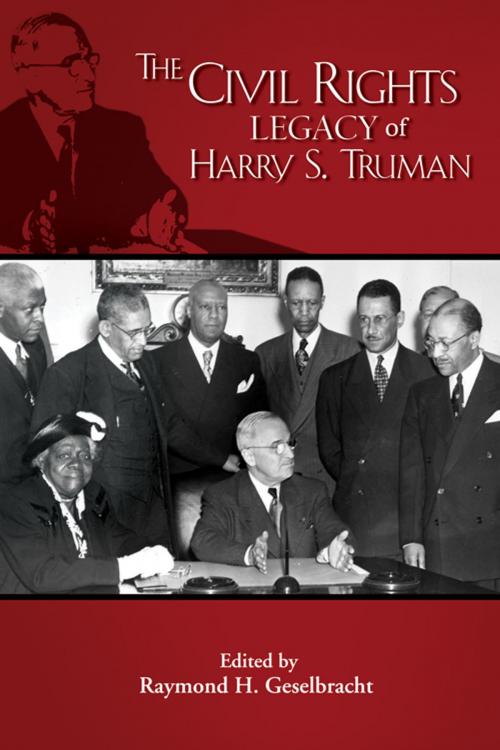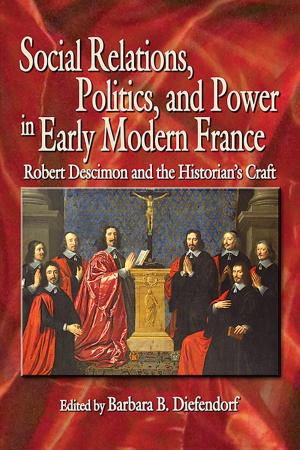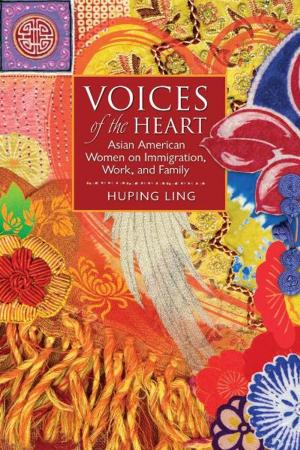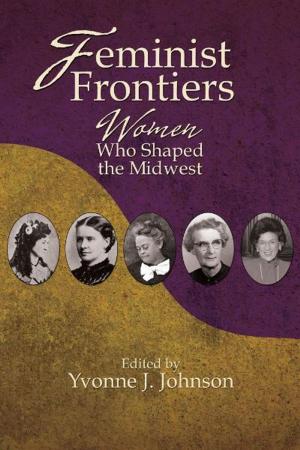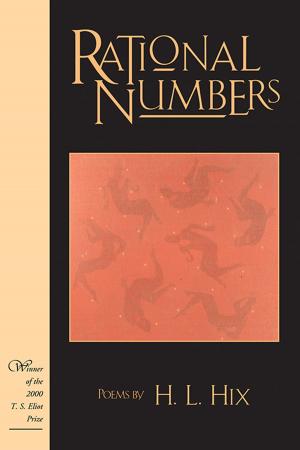Civil Rights Legacy of Harry S. Truman
Nonfiction, Social & Cultural Studies, Social Science, Discrimination & Race Relations, History, Americas, United States, 20th Century| Author: | ISBN: | 9781935503767 | |
| Publisher: | Truman State University Press | Publication: | September 1, 2007 |
| Imprint: | Language: | English |
| Author: | |
| ISBN: | 9781935503767 |
| Publisher: | Truman State University Press |
| Publication: | September 1, 2007 |
| Imprint: | |
| Language: | English |
President Harry S. Truman’s contribution to civil rights is generally viewed as substantial and important. But some historians are inclined to regard his achievement as meager, hesitantly undertaken, polluted by political motives, and inadequate. The essays in this volume include the perspectives of historians and political scientists, a member of Truman’s White House staff, and descendants of slaves—including General Colin Powell, Congressman John Lewis, and former Congresswoman Carrie Meek. These essays renew a continuing dialogue into the meaning of some of President Truman’s most important decisions.
President Harry S. Truman’s contribution to civil rights is generally viewed as substantial and important. But some historians are inclined to regard his achievement as meager, hesitantly undertaken, polluted by political motives, and inadequate. The essays in this volume include the perspectives of historians and political scientists, a member of Truman’s White House staff, and descendants of slaves—including General Colin Powell, Congressman John Lewis, and former Congresswoman Carrie Meek. These essays renew a continuing dialogue into the meaning of some of President Truman’s most important decisions.
